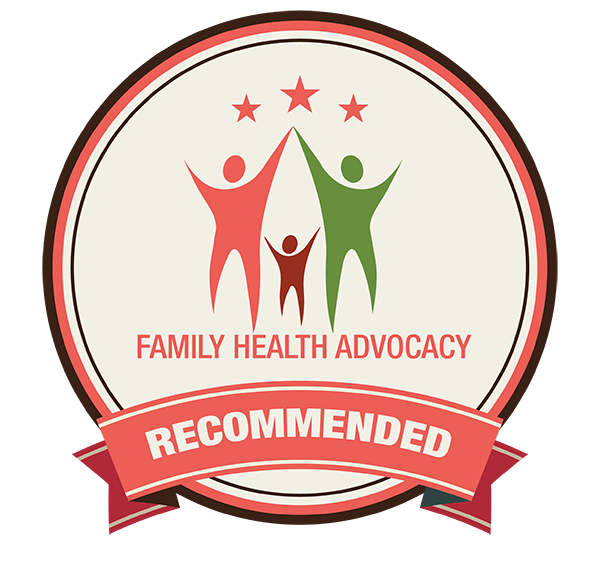A personal approach is the only approach I recommend to what you should eat.
I am often asked, “So Doc, what do you eat?”
Where do I start? The easiest reference I can give is Chris Kresser’s Your Personal Paleo Code — now called The Paleo Cure. The ‘paleo diet’ has been challenged extensively and, as happens with many fad diets, you now see paleo cookies and bars with excess of 20 grams of sugar. The fact that the sugar is honey somehow makes it a ‘paleo’ choice.
I stick to a ‘paleo’-type diet because it is the most nutrient dense approach. You can learn more about this approach in the following video from Chris Kresser:
My nutrition has evolved quite a bit over the last ten years, since I started to question the low fat, high ‘healthy’ grain diet that I was previously taught to recommend (by highly educated individuals in university). This may help to understand why the low fat dogma was so widely believed. Watch the short version here or the long version here.
Being told to eat like your ancestors may seem a bit confusing. How did our ancestors actually eat? Thankfully, Kresser’s approach is a bit more doable than a standard ‘paleo diet’ referenced by the hundreds of other paleo-esque books on the market.
According to what Kresser says, if your body does not respond adversely, foods that hunter-gatherers did not typically have access to may still be enjoyed — if you choose to do this. There is only what is right and wrong for you.
Simple Steps to Eating Healthy
These simple steps can help you tease out what works and what does not work for you, without taking a dogmatic approach to your nutrition:
- Keep Insulin and Blood Sugar Low — The combination of keeping insulin relatively low and keeping blood sugar low seem to be the key factors in avoiding many of the common chronic health conditions of the Western world. High carbohydrate foods keep blood sugar, insulin and inflammation elevated in most people.
- Avoid Carbohydrates — I avoid carbohydrates primarily in the morning and try to eat mostly fat with a bit of protein until dinner. At dinner I begin the carb backloading – thanks to John Keifer (smart guy).
- Fatty Coffee or Bulletproof Coffee — I often start the day with a fatty coffee or a bulletproof coffee. See the recipe or watch how to make it here.
- Breakfast Foods — If not a bulletproof coffee, I start with a few pastured eggs done sunny side up, sauerkraut and a shake (see my post on how to make a shake here).
- Salads for Lunch — I eat one ‘everything but the kitchen sink’ (all the vegetables I have in the fridge) salad for lunch with a palm-sized protein, some raw nuts, a generous amount of goat cheese, and a combination of olive oil, MCT oil, apple cider vinegar, hot sauce, and sea salt.
Dietary Resources
Here are a few other resources that I’d recommend when trying to figure out your optimal diet:
- The Calorie Myth by Jonathan Bailor is helpful because it debunks many of the ideas of calorie counting and includes various practical lifestyle recommendations, which I have adopted and would recommend to others!
- The Perfect Health Diet by Paul Jaminet is a thoroughly scientifically-referenced read on how to optimize your health. This is one of the best books on nutrition, supporting an ancestral approach to eating.
- If I had to choose the closest match to my current diet, I would pick The Bulletproof Diet by Dave Asprey . It encompasses many of the ideas from above, but it is quite simplistic and practical. You begin to care about what you eat. We are built on what we eat. So it should matter what we have eaten. It will directly affect us.
In my paradigm of health, we get ill due to chemical, physical and mental stressors. If the products we eat are exposed to negative factors, this will affect the quality of our food.
I toyed with nutritional ketosis or a ketogenic diet (see my post). Currently I use cyclical ketosis with daily intermittent fasting via bulletproof coffee and carb intake in the afternoon and evening only.
Also don’t forget about your fitness — I do Crossfit 3-5 times per week, walk as often as possible, play with my kids, gymnastics, FRC, paired with an occasional long run (for social and mental benefits). Find what works for you and don’t feel pigeonholed into the short-term diet approach!












